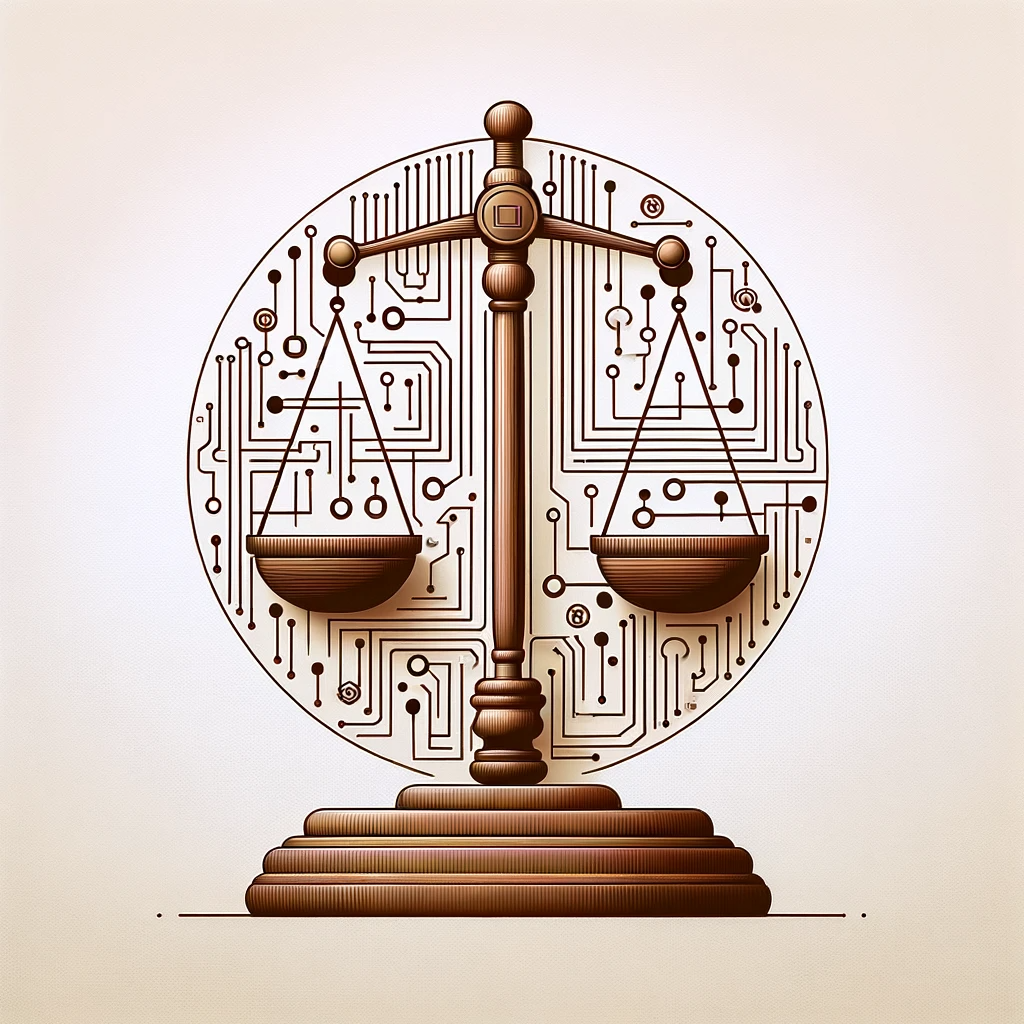Artificial Intelligence (AI) in legal practices is more than a buzzword; it’s a paradigm shift. In this blog, we explore how AI is redefining the legal profession – is it a revolutionary force or an evolutionary step?
The Dawn of AI in Law: A Revolution in the Making?
The legal industry, known for its adherence to tradition, is witnessing a seismic change with the introduction of AI. AI’s entry into legal practices began as a tool to manage mundane tasks like document review and legal research. However, its capabilities have expanded exponentially. Today, AI systems can predict legal outcomes, draft documents, and even offer basic legal advice. This rapid advancement begs the question: Are we looking at a revolutionary force capable of reshaping the legal landscape?
AI’s Capabilities in Legal Practices
- Predictive Analysis: AI algorithms can analyze legal precedents and predict case outcomes. This isn’t just futuristic speculation; tools like Lex Machina and others are already making it a reality.
- Automating Routine Tasks: AI excels at processing large volumes of data. In legal practices, this translates to faster and more efficient document analysis, due diligence, and discovery processes.
- Legal Research and Drafting: Advanced AI tools help lawyers in legal research by swiftly sorting through case laws and statutes. They also assist in drafting legal documents, saving time and reducing human error.
The Evolutionary Aspect: Enhancing, Not Replacing
While AI’s revolutionary potential is clear, it’s equally important to view it as an evolutionary tool. AI is not replacing lawyers but is augmenting their capabilities. By automating routine tasks, AI frees up lawyers to focus on more complex and nuanced legal work. This evolution is about enhancing efficiency and accuracy, allowing lawyers to deliver better, faster services.
Challenges and Ethical Considerations
The integration of AI in legal practices isn’t without challenges. One significant concern is the ethical implications of using AI, particularly regarding accountability and transparency. There’s also the issue of data privacy and security, vital in the legal domain.
AI in Legal Education and Training
To fully harness AI’s benefits, legal professionals must be trained in these new technologies. Law schools are beginning to integrate AI education into their curricula, preparing the next generation of lawyers for a tech-driven legal landscape.
The Road Ahead: AI’s Growing Influence
Looking ahead, AI’s influence in legal practices is set to grow. From small firms to large corporations, the adoption of AI tools is becoming a necessity for staying competitive. AI in legal practices isn’t just about the future; it’s about the present and how it’s reshaping the way legal professionals work.
Conclusion: Embracing AI in Legal Practices
In conclusion, AI in legal practices is both a revolution and an evolution. It’s revolutionizing how legal work is done by introducing capabilities previously thought impossible. Simultaneously, it’s evolving the role of legal professionals, making them more efficient and effective.
For law firms looking to stay ahead in this AI-driven era, understanding and embracing these technologies is crucial. At Advocate Marketers we specialize in integrating the latest AI tools into legal marketing strategies, ensuring that your firm remains at the forefront of this exciting technological frontier.



Comments are closed